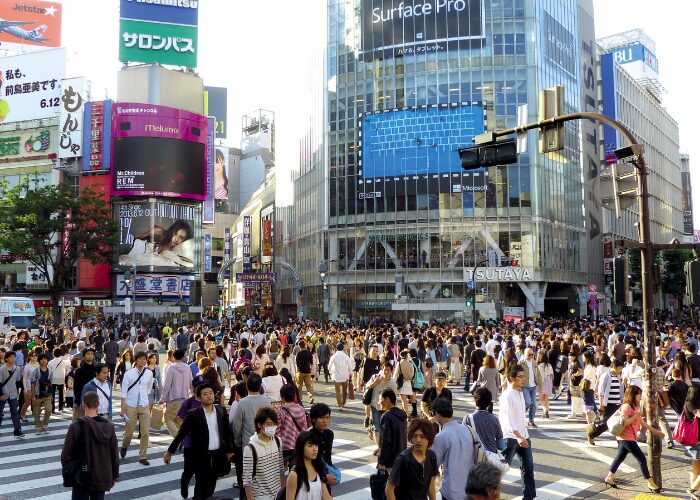
Living in Japan offers many benefits, such as a high standard of living, excellent public transportation, and a rich cultural heritage. However, there are several challenges that expatriates and even some locals may face:
- Language Barrier: Japanese is a complex language, and while many Japanese people learn English in school, proficiency levels can vary widely. This can make everyday tasks, such as grocery shopping, visiting the doctor, or dealing with bureaucratic processes, challenging.
- Cultural Differences: Japan has a unique set of social norms and customs that can be difficult for newcomers to understand and adapt to. This includes concepts like “tatemae” (public facade) and “honne” (true feelings), which can affect communication and relationships.
- Cost of Living: Japan, especially cities like Tokyo and Osaka, can be quite expensive. Housing, in particular, can be costly and small in size compared to what people from other countries might be used to.

- Work Culture: Japan is known for its demanding work culture, characterized by long hours, a strong emphasis on hierarchy, and expectations of loyalty and dedication to the company. This can be particularly challenging for those used to a different work-life balance.

- Natural Disasters: Japan is prone to earthquakes, tsunamis, and typhoons. Being prepared for these natural disasters is essential, but they can still be stressful and disruptive.
- Healthcare System Navigation: While Japan has a high-quality healthcare system, navigating it can be challenging due to the language barrier and different administrative procedures compared to other countries.

- Social Integration: Building a social network can be difficult for foreigners, as making friends outside of the expatriate community might take time and effort. There can also be instances of social isolation or feeling like an outsider.
- Housing Difficulties: Finding housing can be challenging, particularly for foreigners, due to certain restrictions and the need for guarantors. Additionally, housing can be quite small and expensive in urban areas.
- Climate: The climate in Japan can vary greatly, with hot, humid summers and cold winters, depending on the region. Adjusting to these climate extremes can be challenging for some people.
- Bureaucratic Procedures: Japan has a reputation for being bureaucratic, with a lot of paperwork and specific procedures for various aspects of daily life. This can be time-consuming and confusing for newcomers.
Despite these challenges, many people find living in Japan to be a rewarding experience, appreciating the country’s safety, cleanliness, and cultural richness.
Leave a Reply